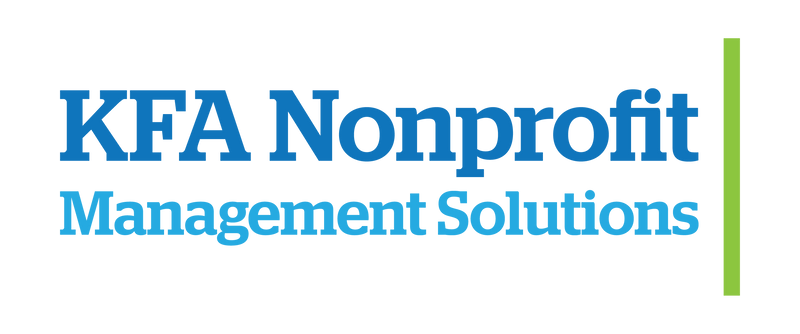
Striving for excellence gets talked about a lot in the business world. From following best practices to continual professional development to evolving to meet changing market conditions, businesses seek ways to not only stay relevant, but at the top of their game.
The same is true of nonprofits. Just like a for-profit business, non-profit organizations must operate with an “excellence” mindset. It’s the best way to ensure your organization remains viable and is able to meet community needs.
Regardless of the size or budget of your organization, excellence is very much attainable.
To be clear, excellence is not perfection. It’s not about being the best of the best. Striving for perfection will lead to mistakes and ultimately failures. Striving for perfection is simply a bad idea.
Instead, think of excellence more as an attitude rather than a set of concrete principles or rules. When we strive for excellence:
- We take initiative and carry a personal sense of responsibility for our organizations’ success.
- We show enthusiasm and go the extra mile to get things done with a “can do” attitude.
- We take ownership of problems and think innovatively to introduce improvements.
Yes, those are rather broad generalizations that may leave you with more questions than answers. What are some practical ways to guide your organization toward excellence? We’ve compiled five ideas to help you.
Make room for improvement
Google has an unofficial company motto: “We’re always in beta.” That means the company is always looking for new and better ways to do things. They don’t want to become stagnant by maintaining the status quo, even if it’s always worked. Yes, failure may be part of the process. Yes, you may have to assume some risks. But seeking out improvements, even for long-standing tasks that may have become rote within your organization, is an important step on the path to excellence.
Track your success (and failures)
Without data, you can’t effectively elicit change. Measure your successes with data. Measure your failures with data. By tracking metrics that affect your organization, you’ll have the data points you need when challenges occur. You’ll be able to clearly see trends and identify how your organization is affected by external or internal forces. An added bonus: much of the data you track will be useful in applying for grants and foundation funding opportunities.
Solicit feedback
Feedback from stakeholders is essential for excellence. You may regularly ask you service recipients for feedback, but do you ask your volunteers? Your board members? Your donors? Any feedback is food for thought. It’s not criticism or a judgement of your abilities. Feedback may point out a chink in the armor that needs to be addressed before the problem makes too large of an impact. Or it may result in identifying an underappreciated strength.
Work smart
Working smart is different than working hard. Hard work entails perspiration. It doesn’t entail planning and preparation. Sure, it may result in a lot of things getting done, but they may not be the right things. Working smart means you start with a plan. You know your priorities and you know what it will take to meet your clearly identified goals. You may sweat a little, but at least you’ll know in which direction you’re headed. You won’t stumble around blindly with no real sense of what to do next.
Learn continuously
Professionals should never stop learning or growing in their careers. Even if you’ve reached what you deem to be the pinnacle of your career path, even if you have no desire to advance further, you shouldn’t stop learning. The world changes. Your industry changes. Your funding sources change. Quite simply, you can never consider your professional education to be complete. Seek out professional development opportunities and look for ways to learn more about the areas where you feel weakest. There’s no shame in asking for help. It’s the mark of an excellent leader.
Sometimes we all need a little nudge or a cheering section to keep us moving in the right direction. Burnout is a real problem in the nonprofit world and it is only something to be ashamed of if you don’t do something about it. If you’re struggling to strive, call us. We offer executive and development pro coaching services…and the first call is free.
Ginger Keller-Ferguson, MBA
